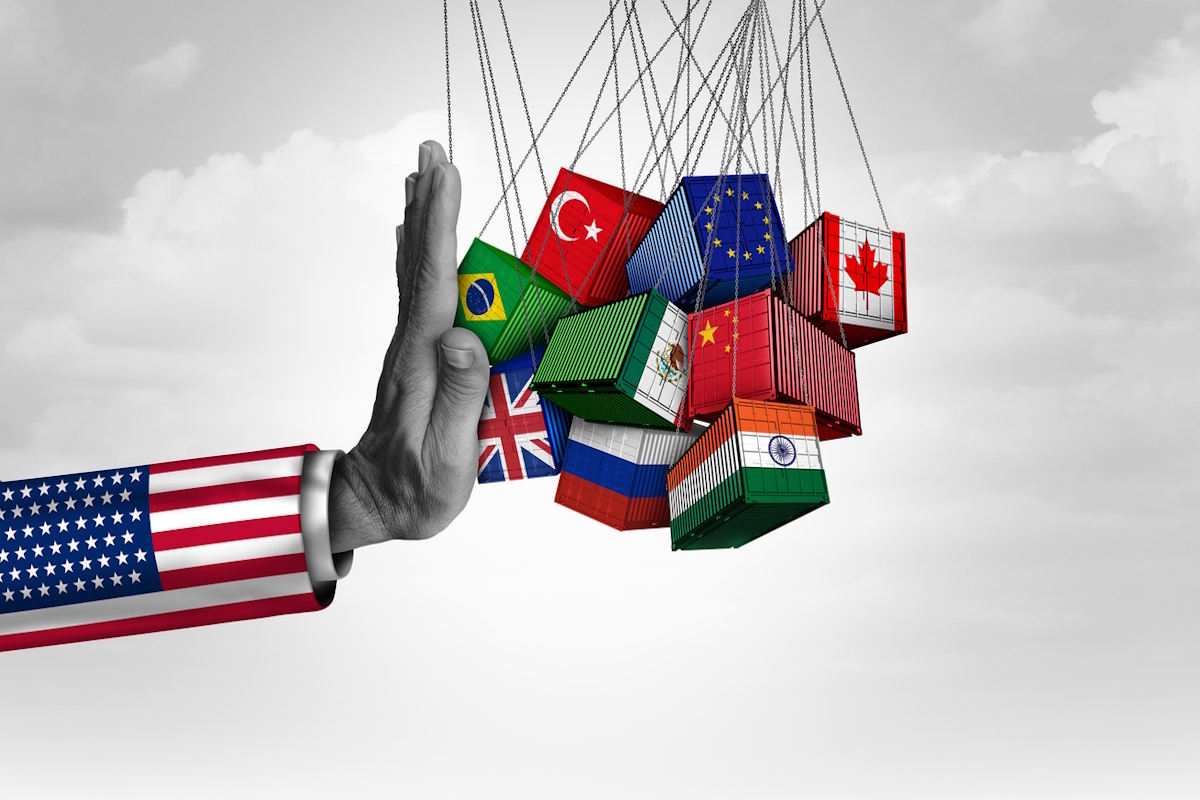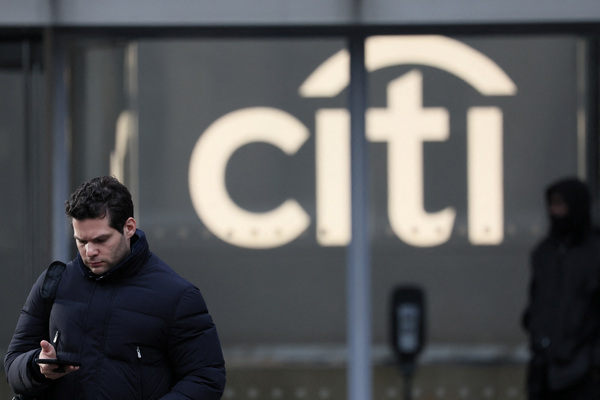Tariffs and UK resilience

In the face of Trump’s America First trade policy, Vivek Savani at iBanFirst explores how UK SMEs can remain resilient
After months of uncertainty following President Trump’s inauguration, ‘Liberation Day’ confirmed his America First stance will reshape international trade for the foreseeable future.
For UK-based SMEs, an increasingly volatile operational environment creates uncertainty and risk. As we’ve seen, tariffs lead to currency instability, disrupted supply chains and inflationary pressures, all of which hinder international economic growth. So SMEs have to be prepared, and able, to adjust their strategies accordingly. If SMEs do not adapt, they risk facing deeper cashflow concerns and a shrinking customer base.
Amongst these developments, the UK has made its feelings clear: free and fair international trade is the preferred approach for economic growth. Our research shows that 43% of Brits would support a trade war with the US, while two-thirds (62%) view Trump’s presidency as detrimental to the UK economy. As the UK-US relationship evolves, now is a good time for SMEs to take stock of their market exposure and implement a proactive approach to minimise undue risk and protect their operations.
Providing financial confidence for SMEs
Protectionist policies, like what Liberation Day formalised, serve to limit market access which stifles growth opportunities. Higher costs for UK imports can reduce demand for goods, impacting the competitiveness of our exports globally.
When the vast majority of UK businesses rely on international trade – whether through global customers, suppliers or manufacturers – this is a real issue. As our survey found, 82% believe protectionism increases the price of goods, two-thirds (66%) believe it increases international tensions and risks conflict escalation, and almost the same number (62%) say it creates job losses.
To navigate this risky trade environment, SMEs will need to seek out the right support to manage the complexities of international instability. Cross-border payments, for instance, can be a key source of complexity in a high-tariff environment, carrying hidden expenses such as currency conversion fees or unfavourable rates. SMEs need to be ready to implement hedging strategies to stabilise costs and limit the impact of market movements on sales margins. In doing so, they can also improve cash flow forecasts and secure profitability by locking in exchange rates. This helps ensure more predictable financial outcomes in international trade.
Moreover, SMEs that operate in foreign markets need to be kept up to date with the latest risks and opportunities. They need real-time market monitoring to mitigate unexpected costs and avoid overpayment on foreign currency transactions. With specialised support through monitoring real-time market shifts, and working closely with trade advisors for risk management, SMEs can reduce financial uncertainty, protect cashflow, and strengthen supplier relationships.
Capitalising on new opportunities
With strong financial foundations, UK SMEs can remain agile and ready to capitalise on market opportunities as they arise. Take businesses that operate in manufacturing, heavy machinery or petroleum, for example, they could use uncertainty within the Mexico-US trade corridor to expand industrial exports at more competitive prices.
Alternatively, if demand for UK goods decreases with tariffs, this may give these SMEs the confidence to seek out new trading partners and expand into untapped markets. This is already happening. At the end of last year, the UK joined a trade pact with several countries in Asia and the Pacific. If UK SMEs are to scale in these regions, they’ll need support in managing their cross-border payments and FX risk to ensure a safe and stable launch.
The path to collaboration
Across the UK, support for free and international trade remains strong, despite the economic challenges posed by President Trump’s policies. In fact, 72% of Brits say they want to encourage more international trade in the coming years, even if it increases domestic competition. As many as 71% said international trade makes them feel positive, while 76% said the same for free trade, and 60% for exportation.
This affection for a fair-trade environment is not going anywhere time soon, and so while it remains to be seen how the UK will work with the US, SMEs must implement strategic measures to protect against any harmful tariffs. Against this backdrop, confidence to operate and scale requires a firm handle on finances, risk mitigation, and clear visibility into international transactions.
Vivek Savani is UK Country Manager at iBanFirst
Main image courtesy of iStockPhoto.com and wildpixel

Business Reporter Team
Most Viewed
Winston House, 3rd Floor, Units 306-309, 2-4 Dollis Park, London, N3 1HF
23-29 Hendon Lane, London, N3 1RT
020 8349 4363
© 2025, Lyonsdown Limited. Business Reporter® is a registered trademark of Lyonsdown Ltd. VAT registration number: 830519543





